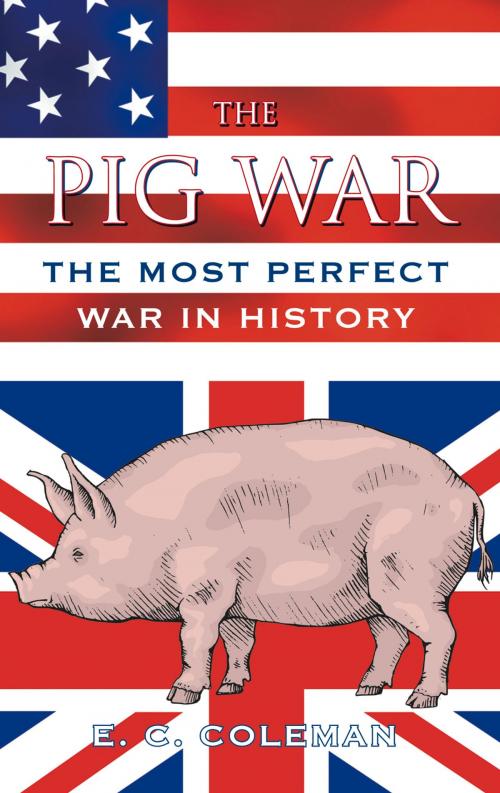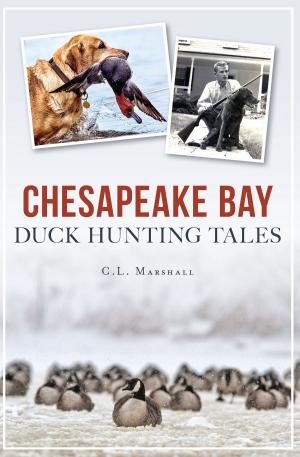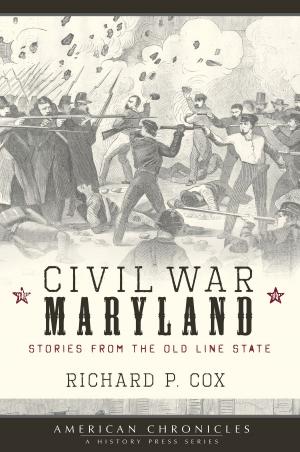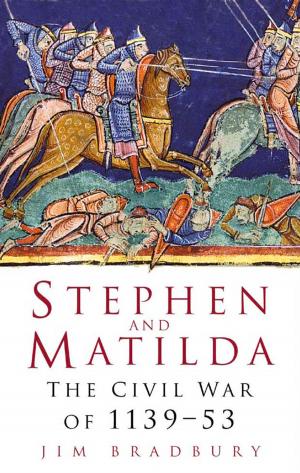Pig War
The Most Perfect War in History
Nonfiction, History, Americas, United States, 19th Century, British| Author: | E. C. Coleman | ISBN: | 9780752496702 |
| Publisher: | The History Press | Publication: | September 30, 2009 |
| Imprint: | The History Press | Language: | English |
| Author: | E. C. Coleman |
| ISBN: | 9780752496702 |
| Publisher: | The History Press |
| Publication: | September 30, 2009 |
| Imprint: | The History Press |
| Language: | English |
With a plot to grace any comic opera, the 1859–1872 "Pig War" broke out when an American living on a quietly disputed small island in the Gulf of Georgia (present-day San Juan Island in Washington State) shot a British pig he found rooting up his garden produce. The authorities on nearby Vancouver Island and the military leadership of adjacent Washington Territory both felt they had good reasons to escalate a trivial incident into a full-blown war between the U.S. and Great Britain. Soon, American soldiers found themselves looking down the barrels of the Royal Navy’s cannons. While both the British authorities and the Americans continued to threaten and bluster, the Royal Marines and their U.S. counterparts settled down to a round of social events, including sports days, combined dinners, and even summer balls. Despite the outbreak of the American Civil War, and British intervention on the Confederate side, it was decided that the problem should become one of the earliest examples of international arbitration. The German Kaiser was brought in—and came to the wrong decision. Set against the framework of U.S. attempts to gain control of the whole North American continent, this history is a highly readable account of a little-known episode in Anglo–American history.
With a plot to grace any comic opera, the 1859–1872 "Pig War" broke out when an American living on a quietly disputed small island in the Gulf of Georgia (present-day San Juan Island in Washington State) shot a British pig he found rooting up his garden produce. The authorities on nearby Vancouver Island and the military leadership of adjacent Washington Territory both felt they had good reasons to escalate a trivial incident into a full-blown war between the U.S. and Great Britain. Soon, American soldiers found themselves looking down the barrels of the Royal Navy’s cannons. While both the British authorities and the Americans continued to threaten and bluster, the Royal Marines and their U.S. counterparts settled down to a round of social events, including sports days, combined dinners, and even summer balls. Despite the outbreak of the American Civil War, and British intervention on the Confederate side, it was decided that the problem should become one of the earliest examples of international arbitration. The German Kaiser was brought in—and came to the wrong decision. Set against the framework of U.S. attempts to gain control of the whole North American continent, this history is a highly readable account of a little-known episode in Anglo–American history.















